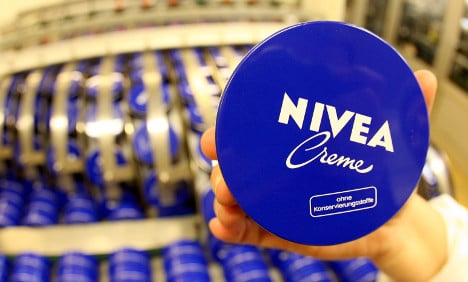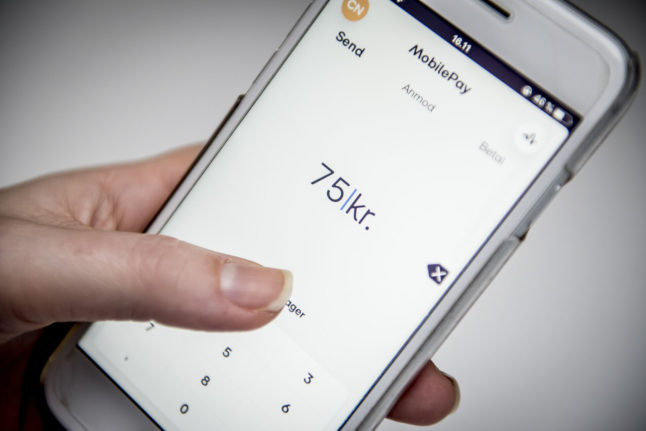Established German brands such as Bayer’s Aspirin, Volkswagen cars, Asbach-Uralt’s brandy, skincare products from Nivea and appliances by Miele topped the Teutonic picks in the “European Trusted Brands 2010” survey conducted by magazine Reader’s Digest.
Some 32,000 people, among them 9,000 Germans, responded to the annual poll that highlighted 33 different categories from automobiles to toothpaste.
The magazine attributed the resurgent dominance of old German brands to a need for security and trust in the wake of the global economic crisis.
It also said that public discourse played a big role, highlighting the example of Deutsche Telekom’s internet service provider T-Online, which overtook US internet giant Google’s spot on the 2009 list following political questions about the company’s collection of personal information.
Environmental sensibilities were also a dominant theme, and German companies with the best reputations for ecological engagement included Sparkasse banks, Aral petrol stations, Miele appliances, Frosch cleaning products, and Persil detergent.
The German skincare brand Nivea was particularly impressive, ranking as the most trusted brand of its category in all of the 16 countries included in Europe-wide survey.
“When a brand gains the attention and trust of consumers despite intense competition, it’s a great achievement,” head of Reader’s Digest for Germany, Switzerland and Austria said in a statement. “Only the consumers who have had their trust confirmed remain true to a brand.”
Germany’s favourites
• Automobile: Volkswagen (German)
• Bank: Sparkasse (German)
• Clothing: C&A (German)
• Petrol: Aral (German)
• Computer: Fujitsu Siemens (Japan)
• Make-up: Yves Rocher (France)
• Fragrances: Yves Rocher (France)
• Beverage: Coca-Cola (US)
• Cold medicine: Wick (German)
• Camera: Canon (Japan)
• Breakfast cereal: Kellogg’s
• Hair care: Schwarzkopf (German)
• Groceries: Aldi (German)
• Appliances: Miele (German)
• Cleaning products: Frosch (German)
• Skincare: Nivea (German)
• Internet service provider: T-Online (German)
• Coffee and tea: Tchibo (German)
• Credit card: Visa (US)
• Milk products: Müllermilch (German)
• Mobile phone service provider: Vodafone (UK)
• Mobile phones: Nokia (Finnish)
• Food brand: Maggi (German)
• Travel company: TUI (German)
• Pain killer: Aspirin (German)
• Shoes: Rieker (German)
• Sekt: Rotkäppchen Sekt (German)
• Spirits: Asbach (German)
• Candy: Haribo (German)
• Insurance: Allianz (German)
• Vitamins: Abtei (German)
• Laundry soap: Persil (German)
• Toothpaste and mouth care: Odol (German)



 Please whitelist us to continue reading.
Please whitelist us to continue reading.
Member comments